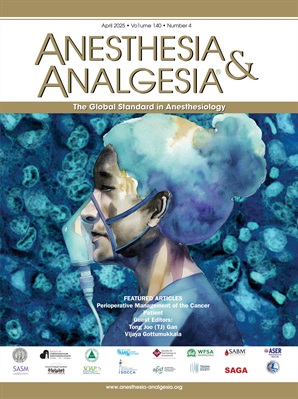Wei W, Yao B, Sun X, et al. Invasive or noninvasive? A systematic review and network meta-analysis of acupuncture and acupressure to treat cancer pain. Support Care Cancer. 2025;33(11):997.
Keywords: Acupressure; Acupuncture; Cancer pain; Complementary therapies; Network meta-analysis.
Abstract
Background: Both acupressure and acupuncture effectively alleviate pain in cancer patients. Acupuncture requires specialized practitioners and is invasive, while acupressure is noninvasive and can be self-administered. Current comparative evidence remains insufficient for clear clinical recommendations.
Aims: To investigate the relative efficacy of acupuncture versus acupressure in alleviating pain among cancer patients.
Methods: This systematic review and network meta-analysis employed a Bayesian framework. Eight major Chinese and English databases were searched from inception to March 1, 2025. Two independent reviewers screened literature, extracted data, and assessed bias in selected studies using the Risk of Bias 2 tool. Network meta-analysis was conducted using R software version 4.4.1.
Results: Thirty-seven RCTs including 3066 patients were analyzed to compare eight treatments: manual acupuncture, transcutaneous electrical acupoint stimulation, auricular acupressure, electro-acupuncture, acupoint massage, auricular acupuncture, moxibustion, and placebo. Network meta-analysis revealed auricular acupuncture provided the greatest pain score improvement compared to placebo, followed by auricular acupressure and acupoint massage.
Conclusion: Based on our analysis, we recommend auricular acupuncture, auricular acupressure, and acupoint massage for managing cancer pain. While current studies demonstrate potential benefits, limitations include concurrent pain medication use and methodological inconsistencies. Future research should include more robust, single-intervention clinical trials to definitively evaluate efficacy for oncology patients.



 Got big ideas for this ANZCA resource guide? Why not become our advocate? Highlight valuable resources for college fellows and trainees while earning CPD hours!
Got big ideas for this ANZCA resource guide? Why not become our advocate? Highlight valuable resources for college fellows and trainees while earning CPD hours! Contact ANZCA Library for more info: library@anzca.edu.au
Contact ANZCA Library for more info: library@anzca.edu.au